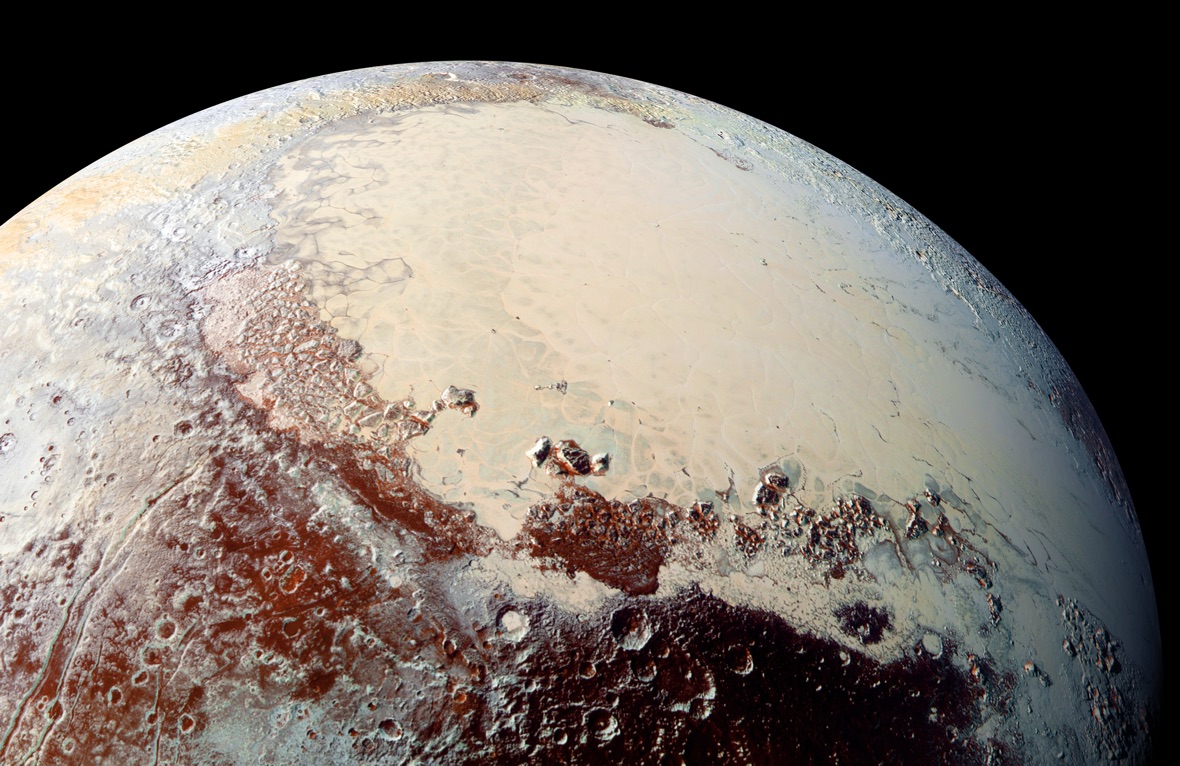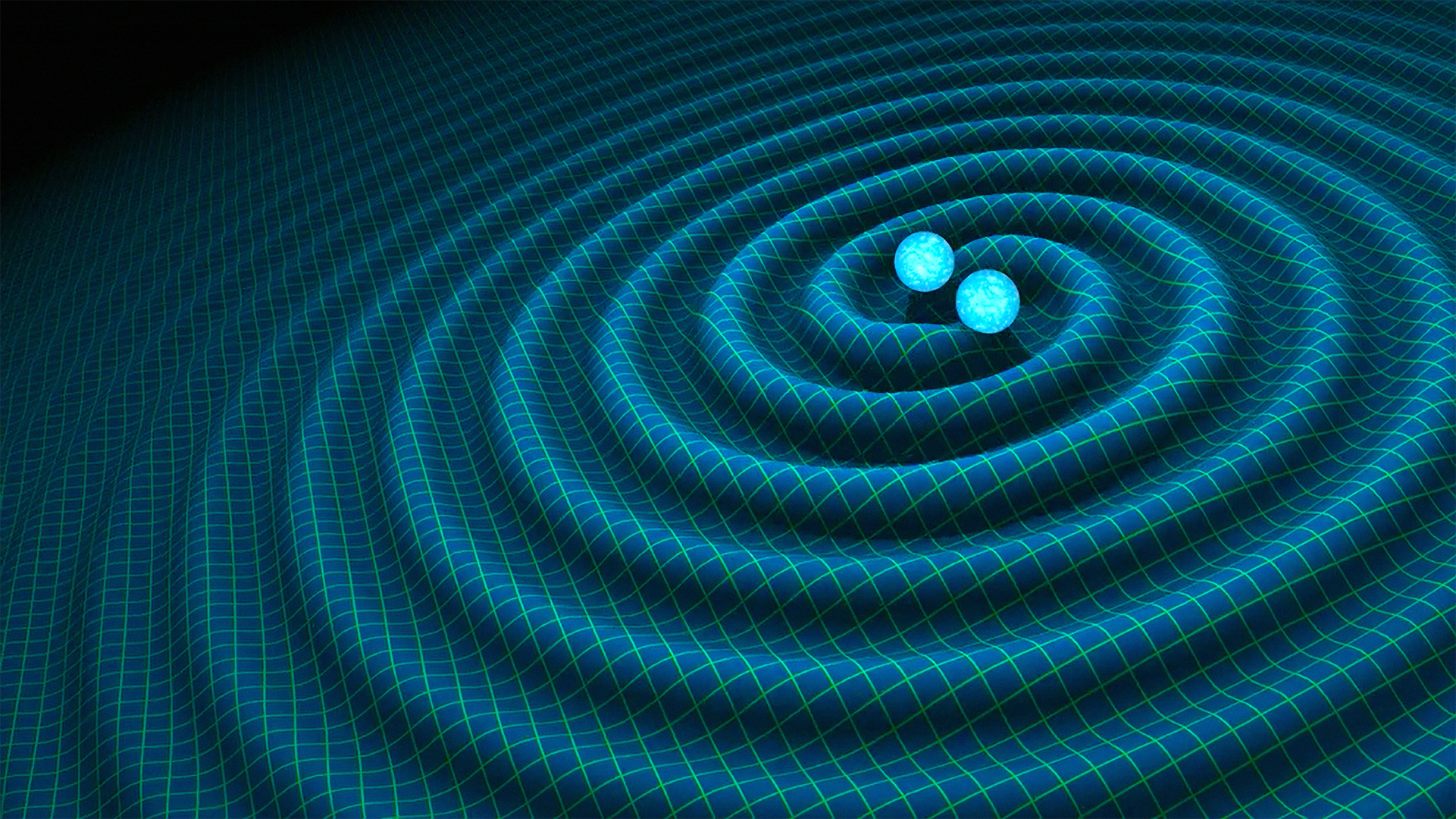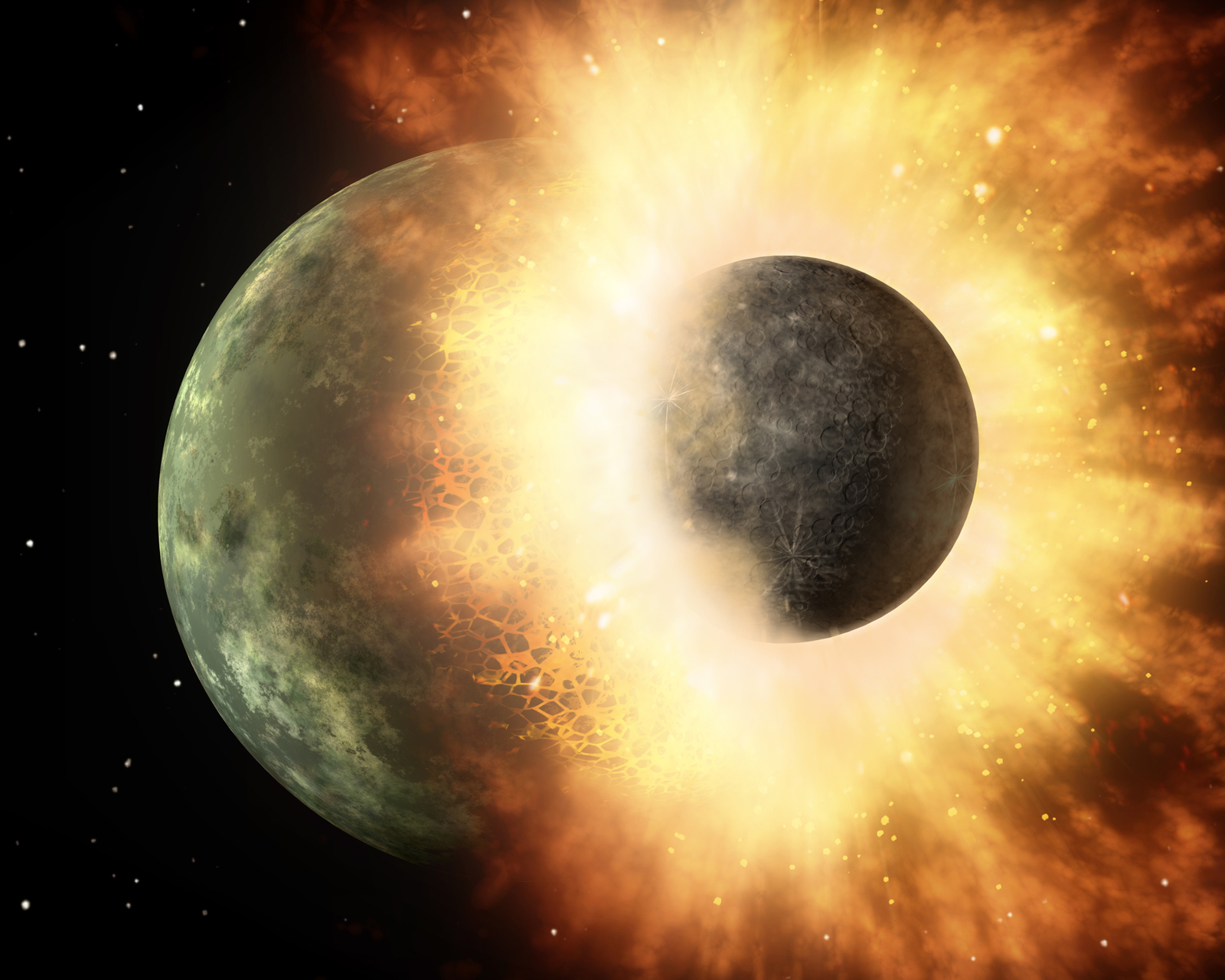
Charles Q. Choi
Charles Q. Choi is a contributing writer for Space.com and Live Science. He covers all things human origins and astronomy as well as physics, animals and general science topics. Charles has a Master of Arts degree from the University of Missouri-Columbia, School of Journalism and a Bachelor of Arts degree from the University of South Florida. Charles has visited every continent on Earth, drinking rancid yak butter tea in Lhasa, snorkeling with sea lions in the Galapagos and even climbing an iceberg in Antarctica. Visit him at http://www.sciwriter.us
Latest articles by Charles Q. Choi
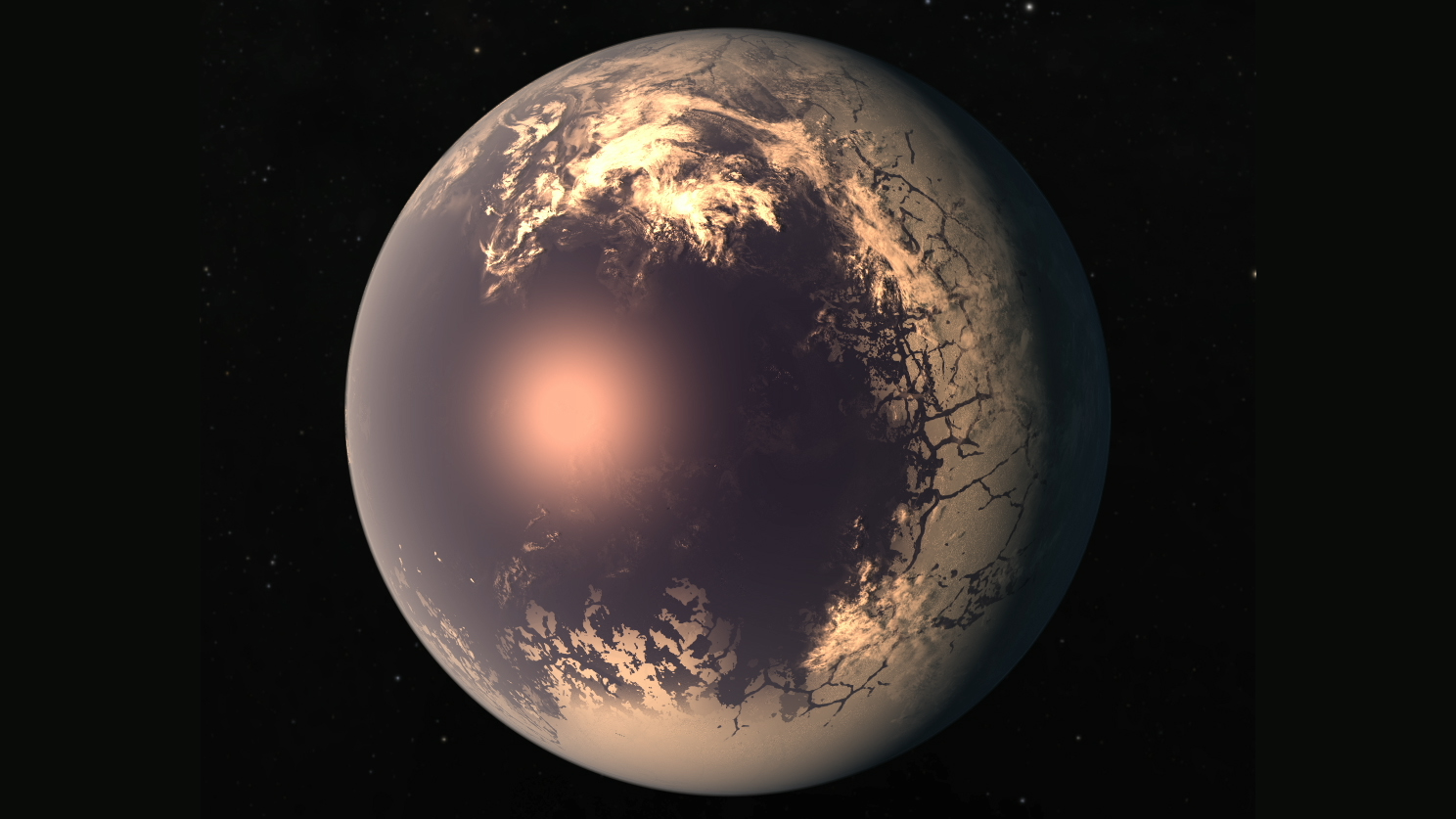
'Eyeball Earth' Alien Planets May Be Lifeless 'Snowballs'
By Charles Q. Choi published
Alien worlds resembling giant eyeballs might be able to host life, but they may not be as common as previously suggested, a new study finds.
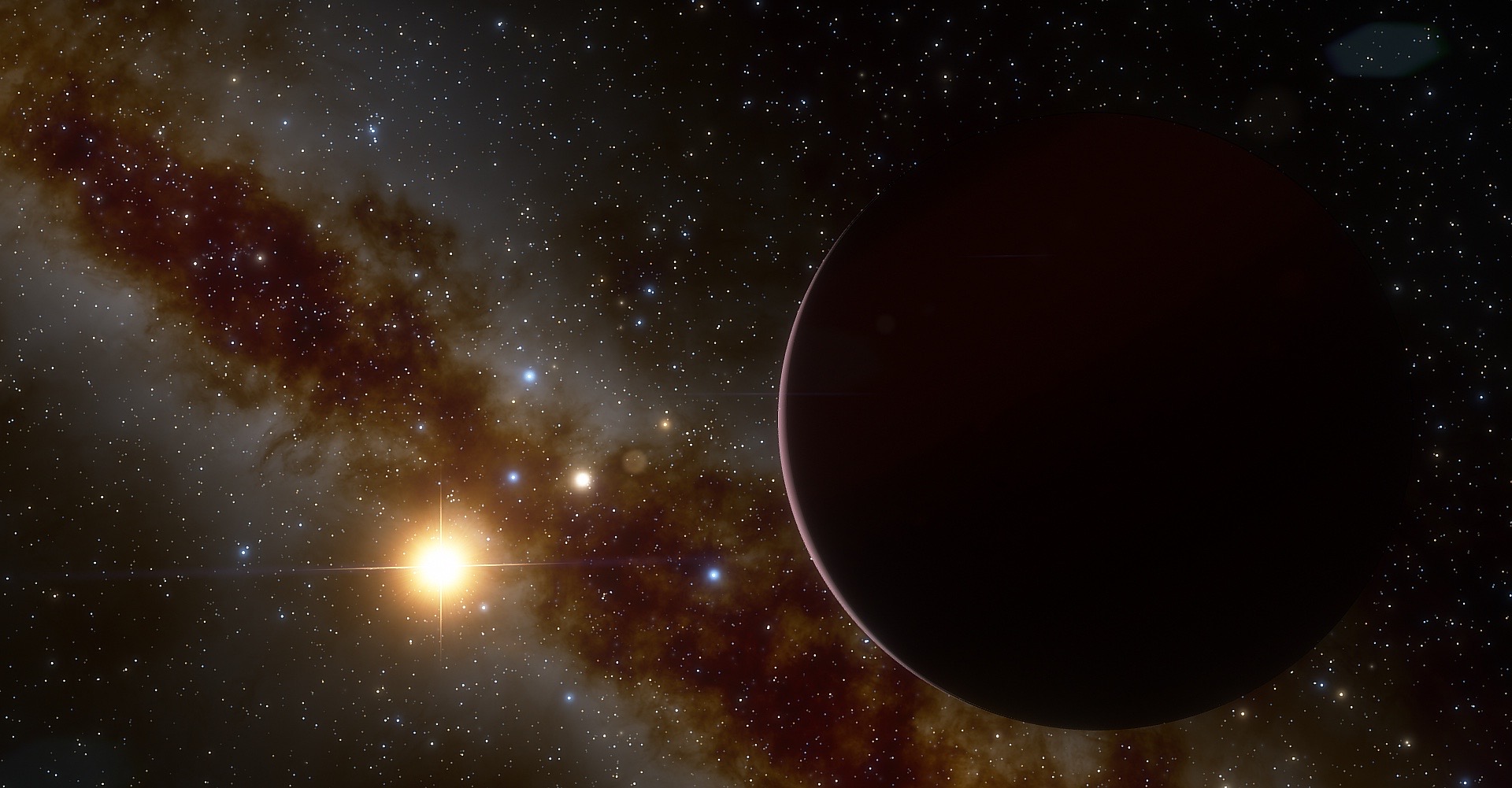
Surprise! Giant Planet Found Circling Tiny Red Dwarf Star
By Charles Q. Choi published
Astronomers have discovered a giant, Jupiter-like planet in an unexpected location, and it's orbiting a small, nearby red dwarf star, a new study finds.
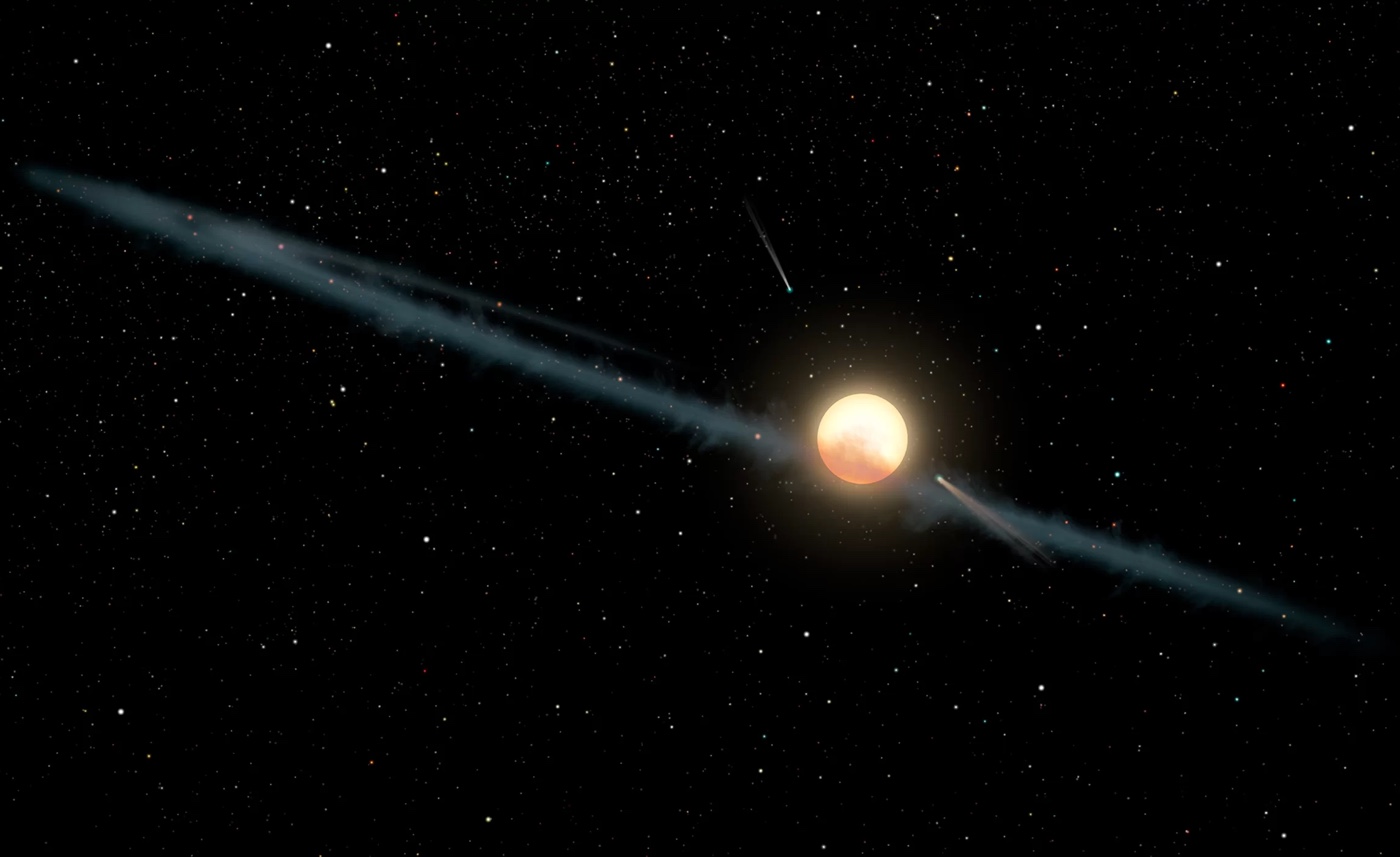
'Alien Megastructure' Star May Not Be So Special After All
By Charles Q. Choi published
More mysteriously dimming stars have been spotted.
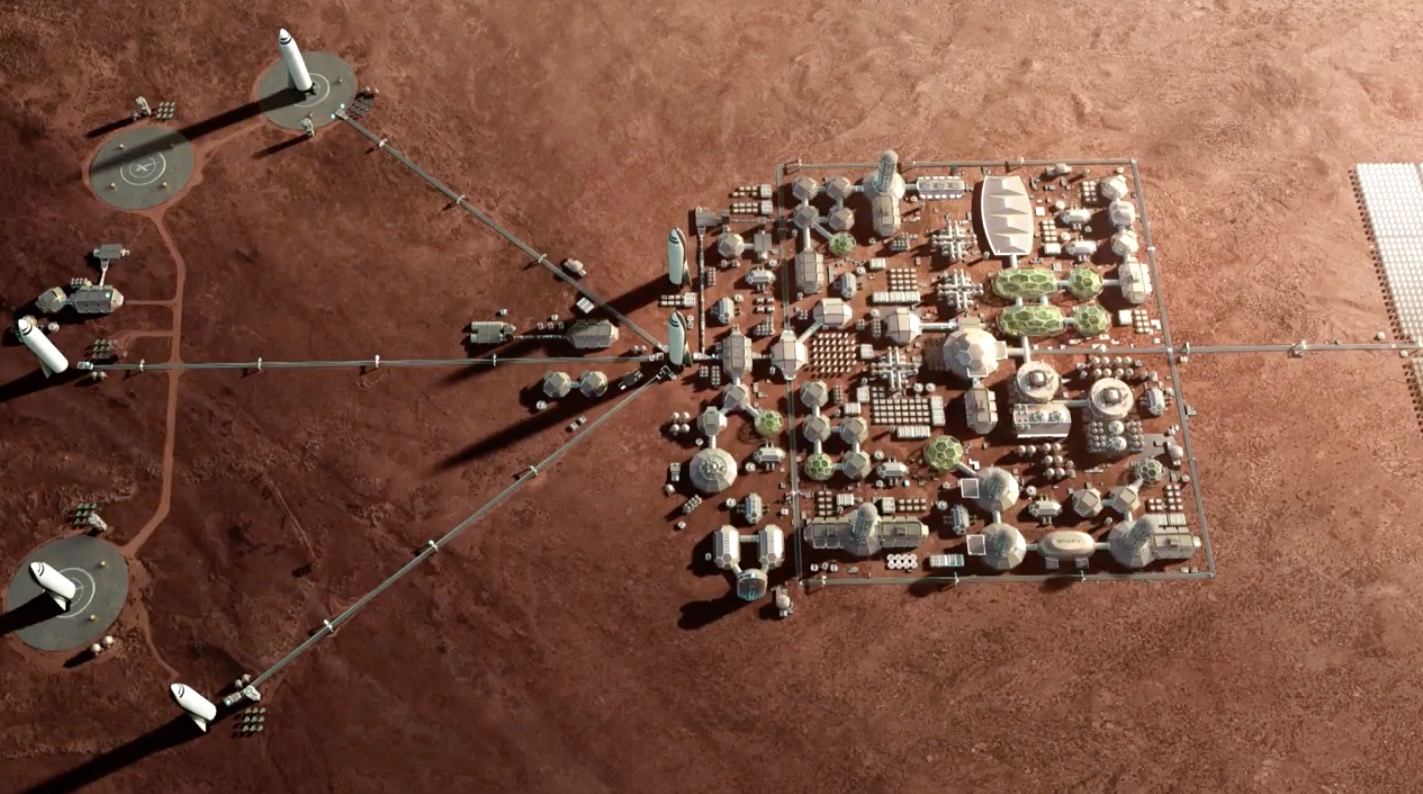
How to Feed a Mars Colony of 1 Million People
By Charles Q. Choi published
What might it take to feed a million people on Mars? Lab-grown meat, tunnel-grown crops and cricket farms, a new study finds.
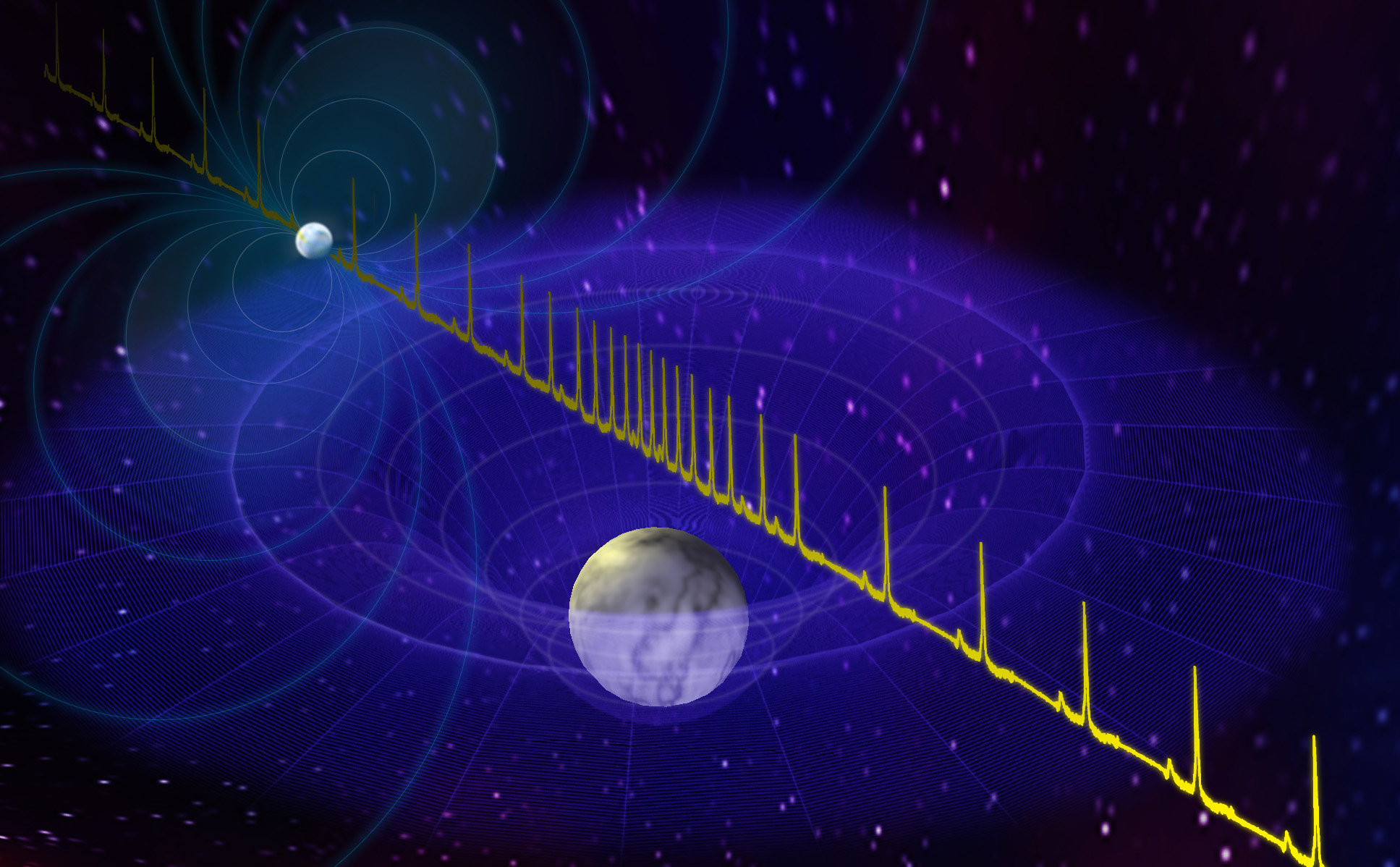
Astronomers Detect the Most Massive Neutron Star Yet
By Charles Q. Choi published
Astronomers have discovered the most massive example yet of the dead stars known as neutron stars, one almost too massive to exist, a new study finds.
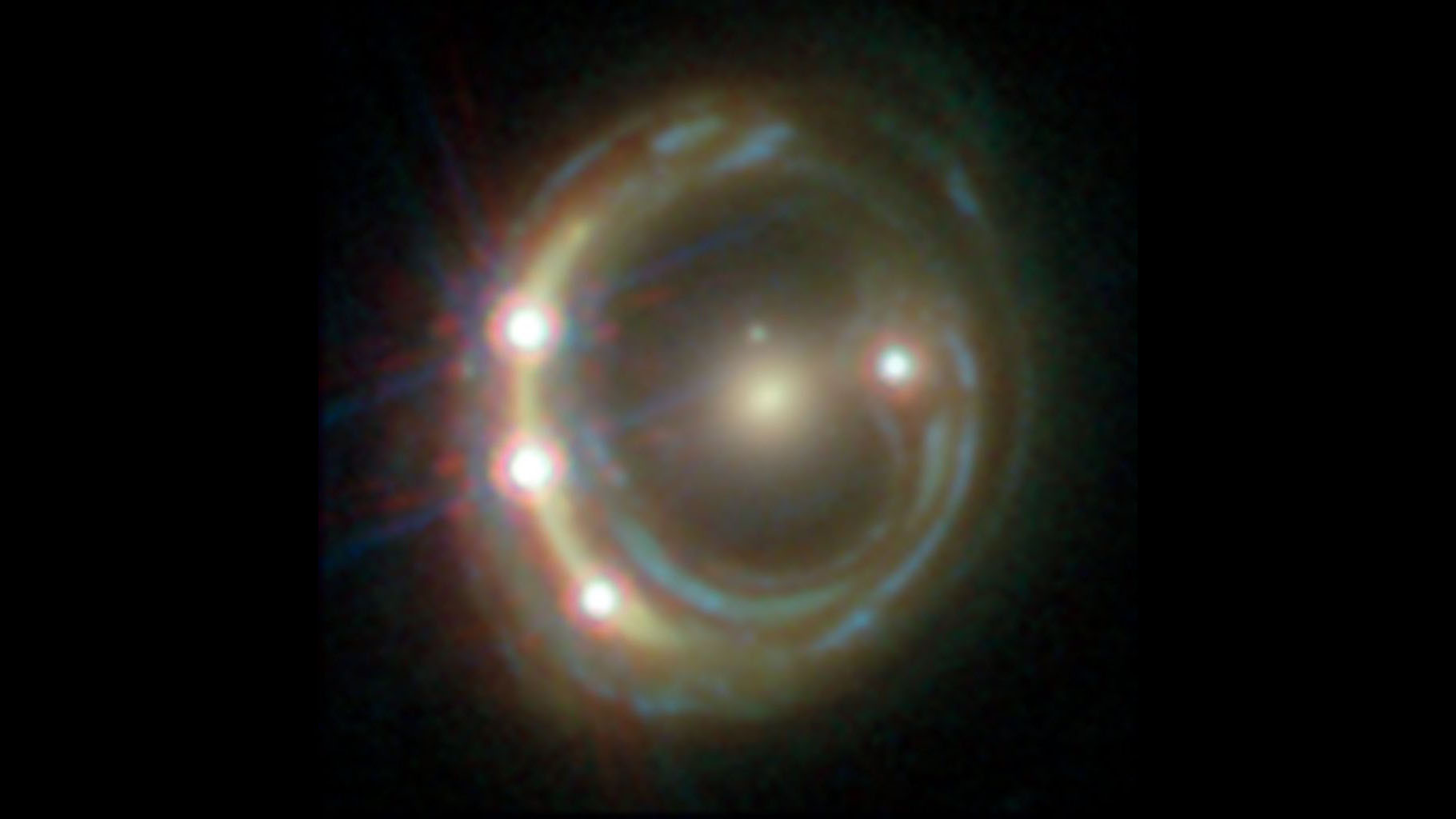
Einstein's Gravitational Lenses Could Clear Up Roiling Debate on Expanding Cosmos
By Charles Q. Choi published
Warps in the fabric of space-time can act like magnifying glasses, and that may help solve a cosmic mystery about the rate of the universe's expansion, a new study found.
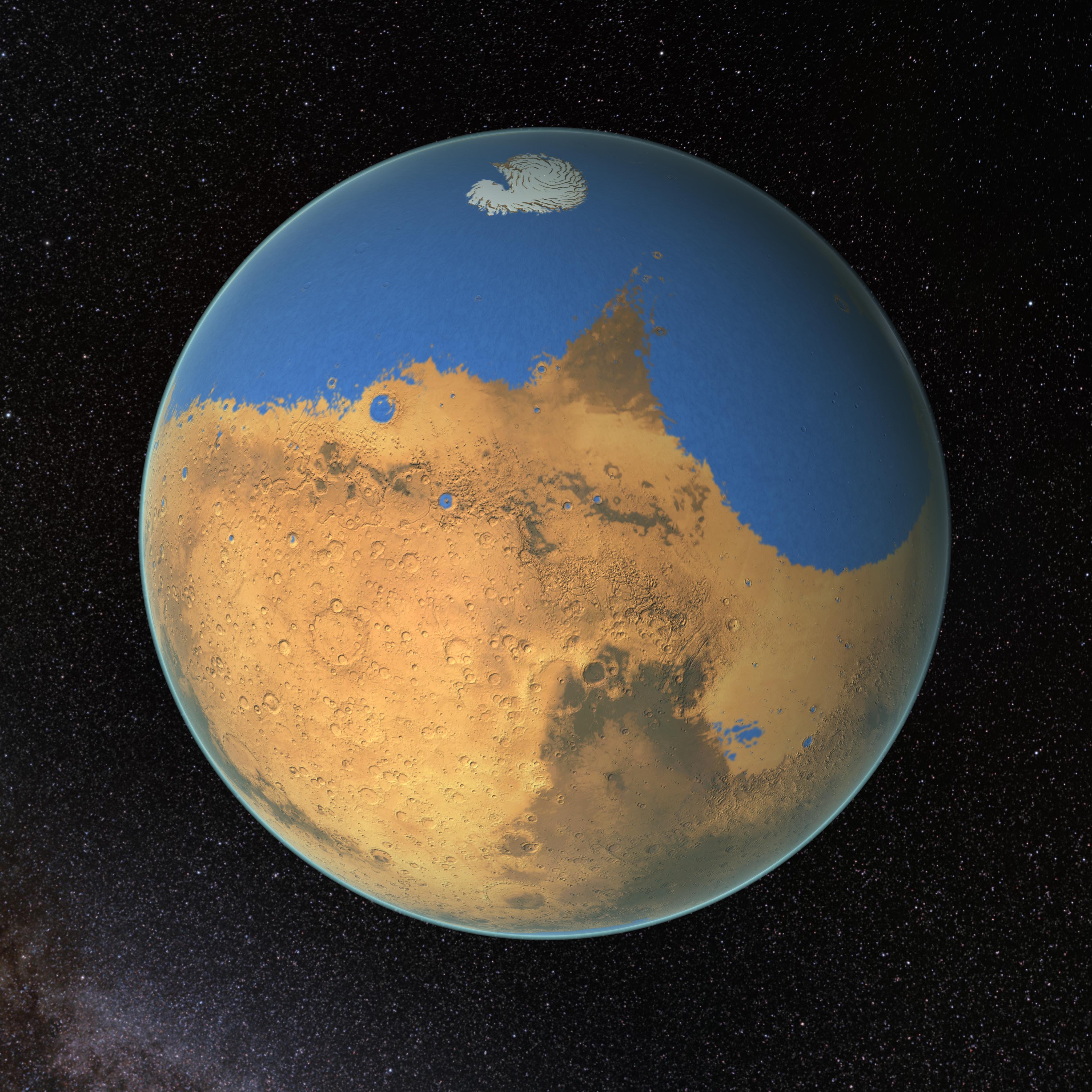
Rare Meteorites May Have Formed During Large Impact on Wet Mars
By Charles Q. Choi published
The birthplace of two meteorites from Mars was apparently a zone with two craters: new findings that scientists might use to unlock secrets on the Red Planet.
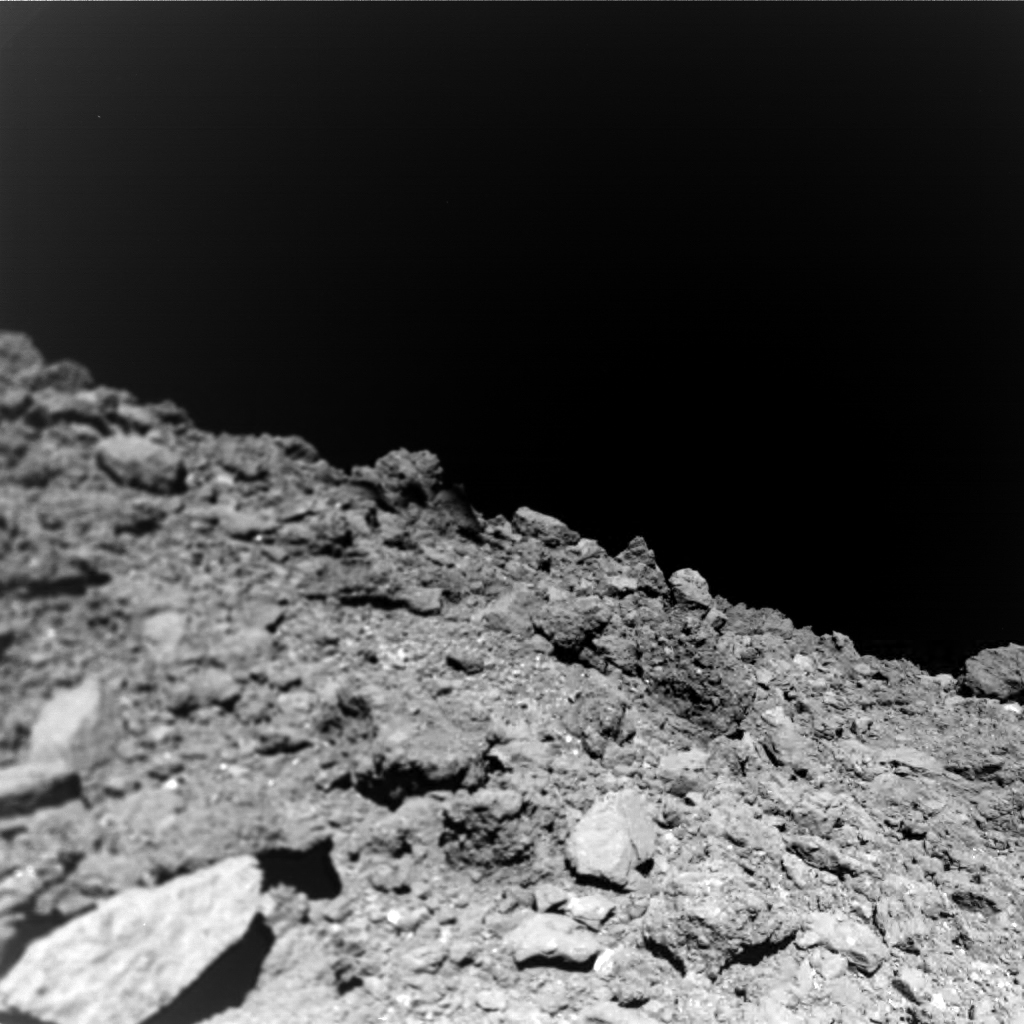
Asteroid Ryugu May Be Rubble of Two Space Rocks Smashed Together
By Charles Q. Choi published
A robot deployed on one of the darkest asteroids in the solar system may now shed light on the origins of some of the oldest, rarest meteorites, a new study finds.
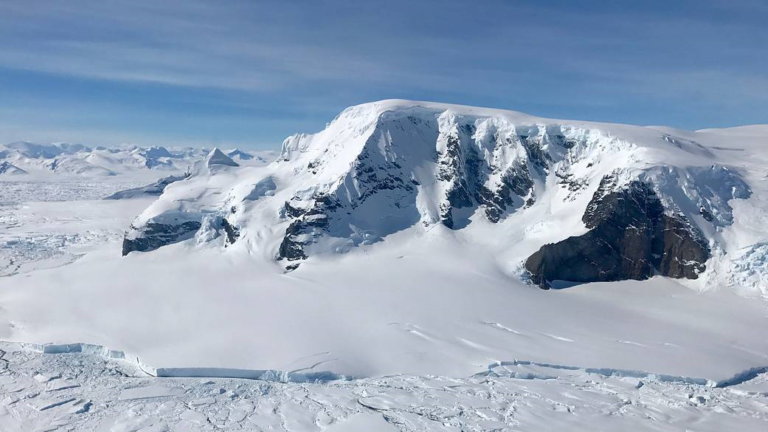
Fresh Interstellar Dust Discovered in the Snows of Antarctica
By Charles Q. Choi published
By examining Antarctic snow, researchers have for the first time discovered interstellar dust that recently fell to Earth, a new study finds.
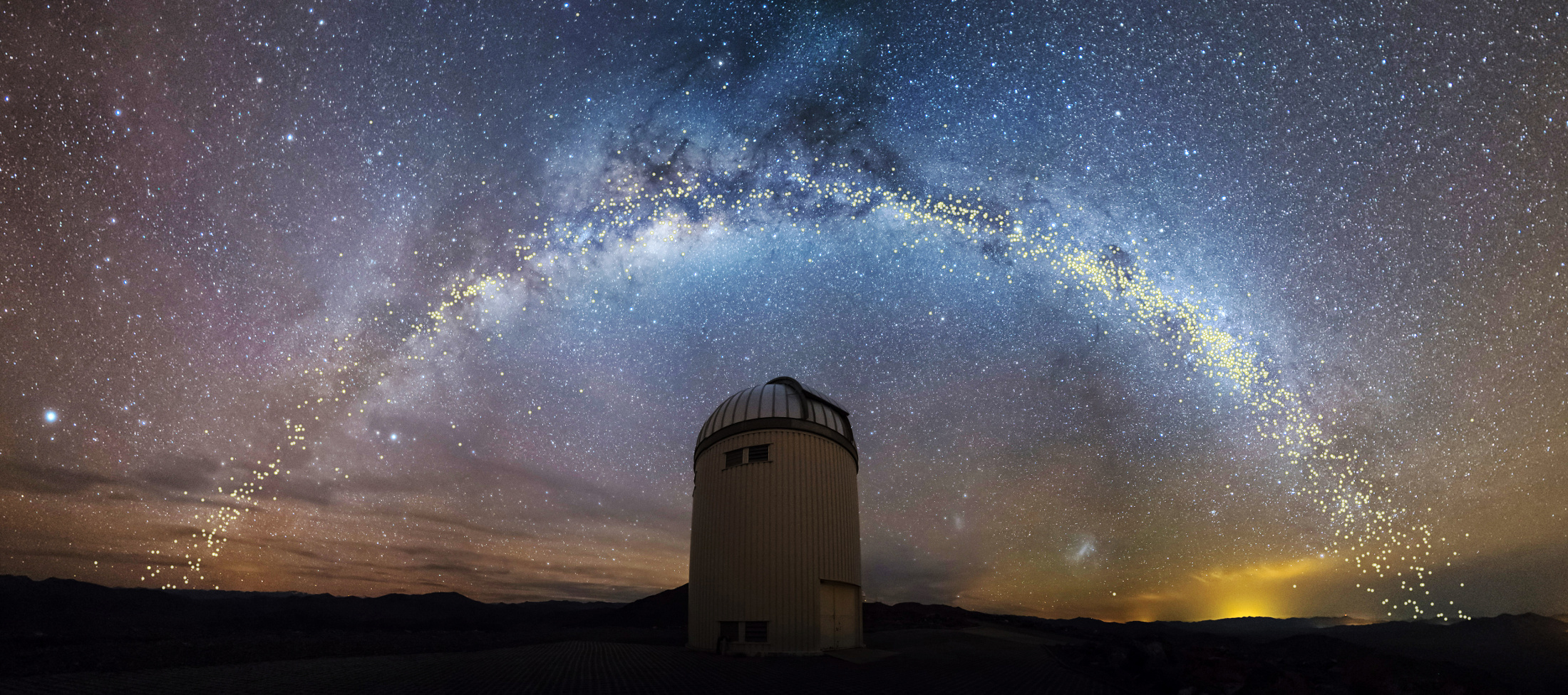
This 3D Map of the Milky Way Is the Best View Yet of Our Galaxy's Warped, Twisted Shape
By Charles Q. Choi published
A new 3D map of our Milky Way galaxy shows it has a warped and twisted shape, scientists say.

Dwarf Planet Ceres May Be Wrinkling As It Shrinks
By Charles Q. Choi published
Ceres, the closest dwarf planet to Earth, may be wrinkling as it shrinks.
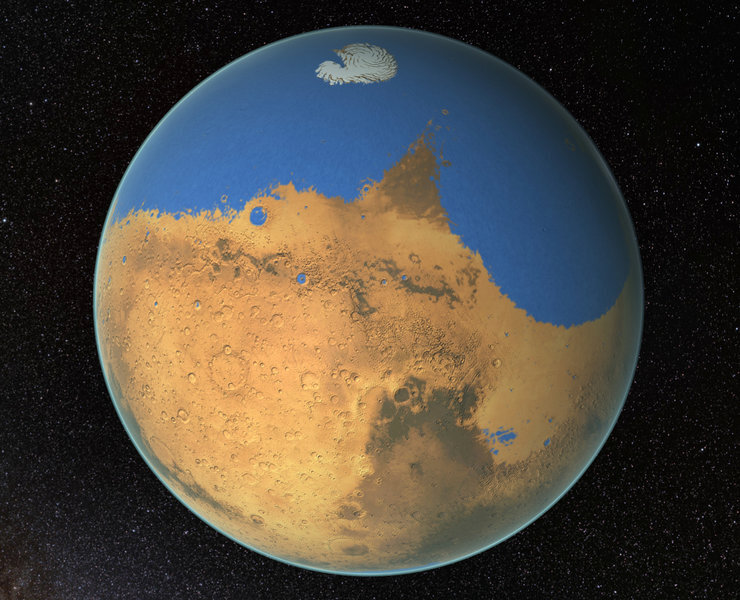
Mars May Have Escaped Life-Threatening Impacts Early On
By Charles Q. Choi published
A storm of cosmic impacts may have ended relatively early on Mars, suggesting that the Red Planet was habitable longer than scientists previously thought, a new study finds.
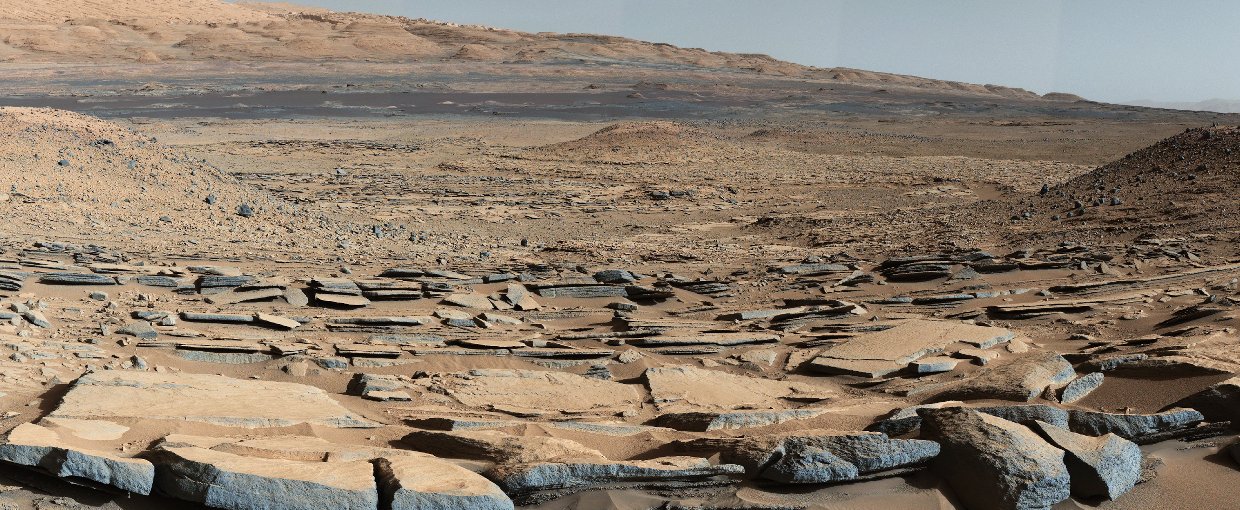
How Martian Microbes Could Survive in the Salty Puddles of the Red Planet
By Charles Q. Choi published
The Red Planet may be more habitable than previously thought.
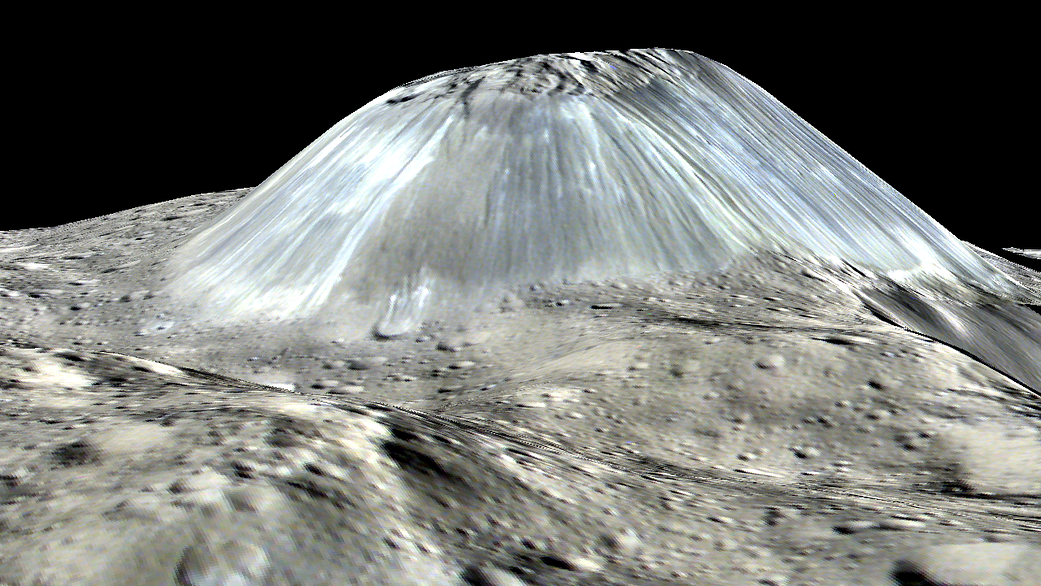
A Weird Mud Plume May Have Built the Highest Peak on Dwarf Planet Ceres
By Charles Q. Choi published
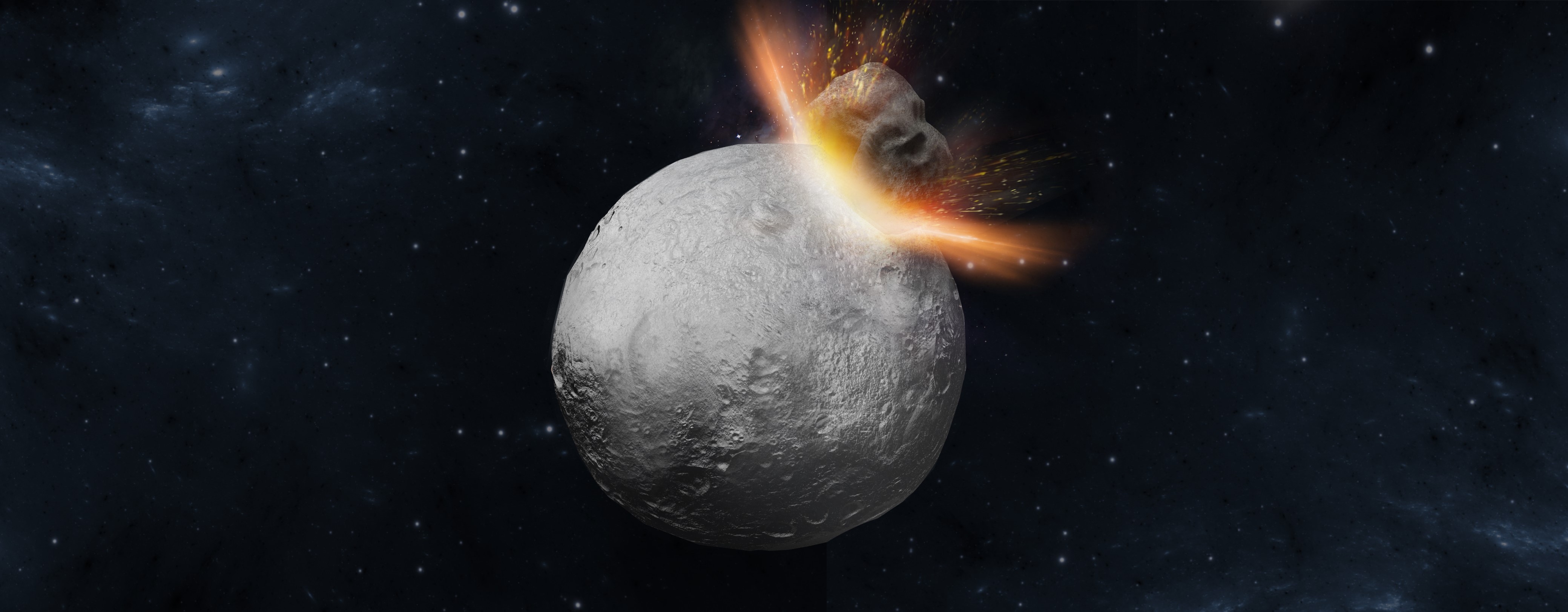
Rare Meteorites on Earth Forged in Massive Crash on Asteroid Vesta
By Charles Q. Choi published
Mysterious rare meteorites made of a mix of stone and iron likely formed when Vesta, the brightest asteroid in the sky, experienced a giant impact, a new study finds.
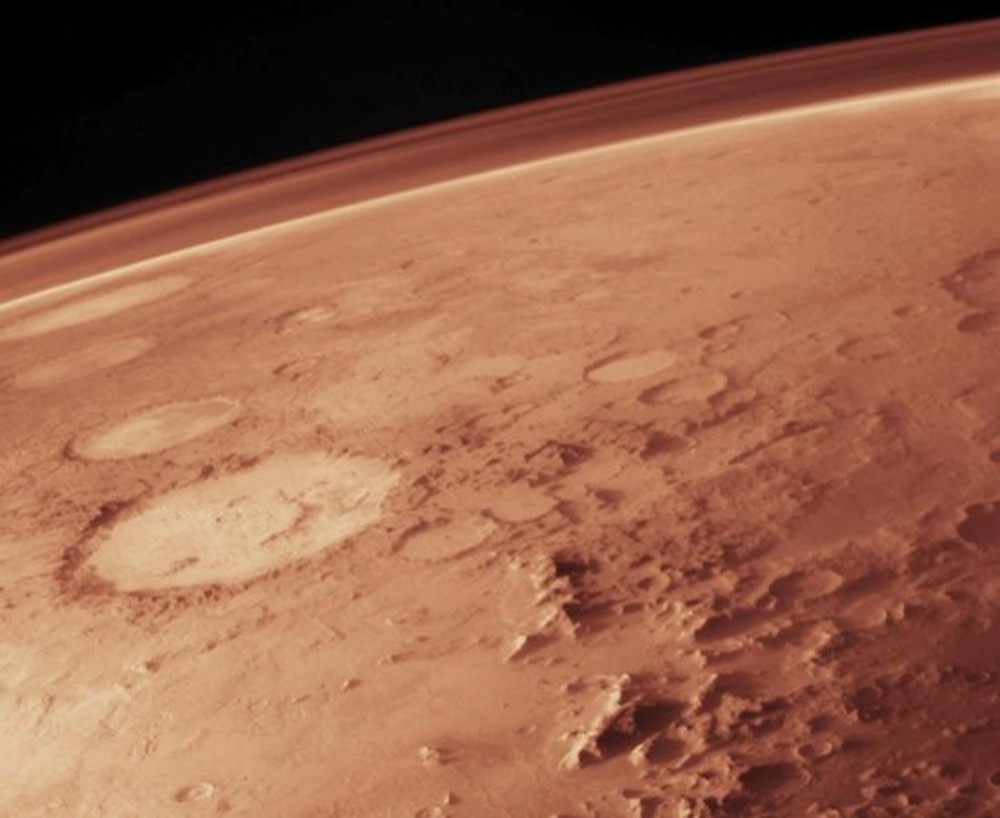
Why Mars Lightning Is Weak and Rare
By Charles Q. Choi published
If lightning exists on Mars, it may be less energetic and frequent than lightning on Earth, all because of the Red Planet's thin air, a new study finds.
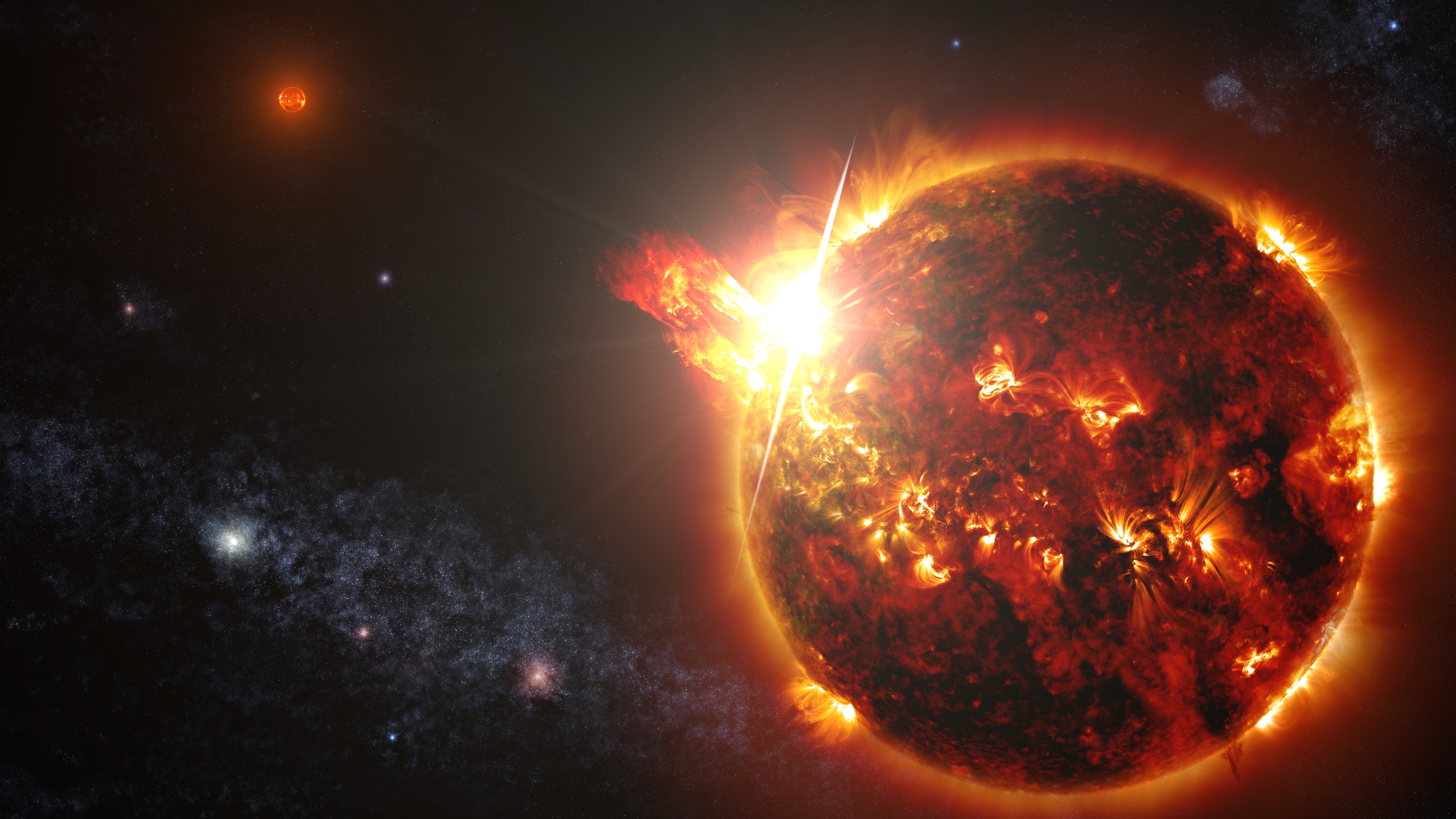
Astronomers Catch Distant Star Producing Massive Flare and Plasma Blob
By Charles Q. Choi published
Astronomers may have spotted a distant star spitting out a giant flare that packed 100,000 times more energy than any seen from Earth's sun, a new study finds.
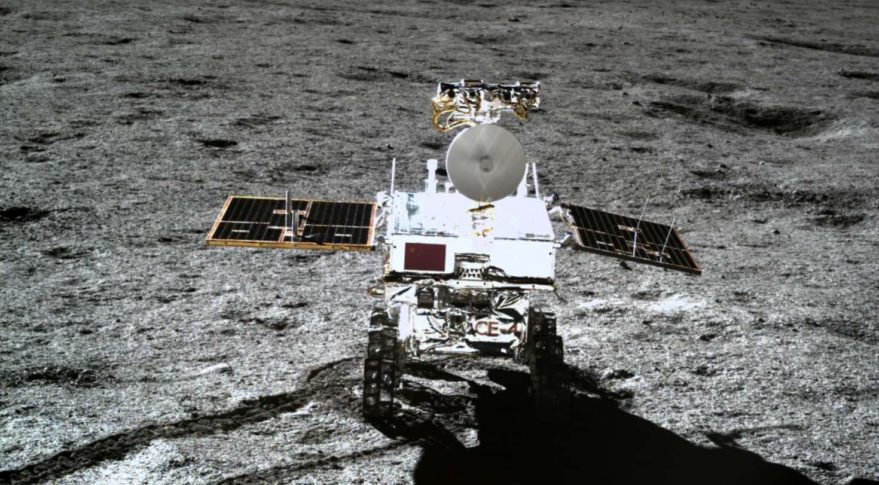
What Lies Below the Moon's Crust? China's Yutu-2 Rover May Be the First to Find Out.
By Charles Q. Choi published
The first rover on the far side of the moon may have discovered the first samples from the moon's mantle, released from the lunar interior by a giant, ancient cosmic impact, a new study finds.

Moonquakes Rattle the Moon as It Shrinks Like a Raisin
By Charles Q. Choi published
The moon is still tectonically active, like Earth, generating moonquakes just like our planet creates earthquakes, a new study based on Apollo mission data found.
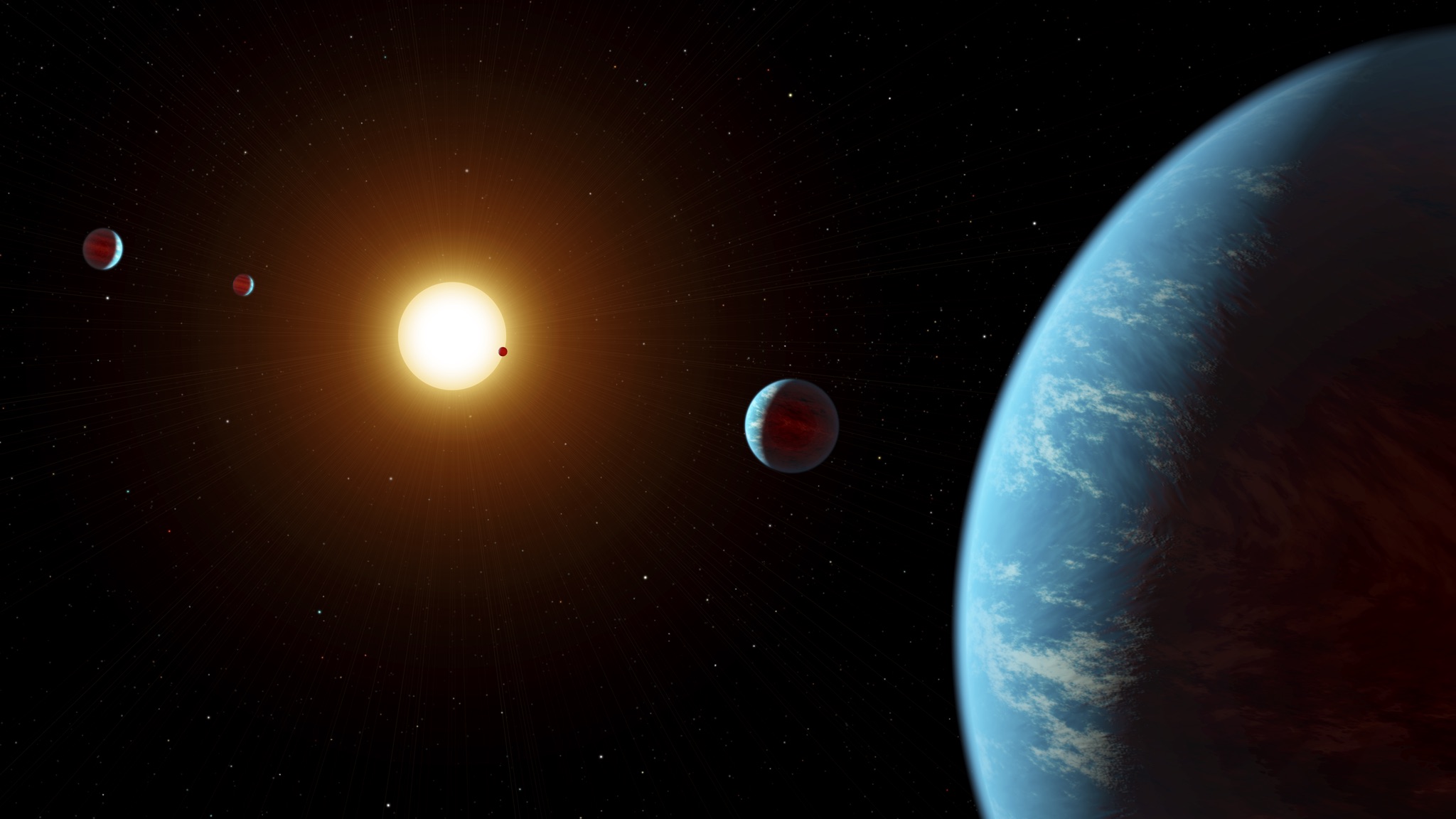
Mysterious 'Sub-Neptunes' Are Probably Water Worlds
By Charles Q. Choi published
Water worlds that each possess thousands of times more water than Earth does may be more common than Earth-like rocky planets in the Milky Way galaxy, a new study finds.
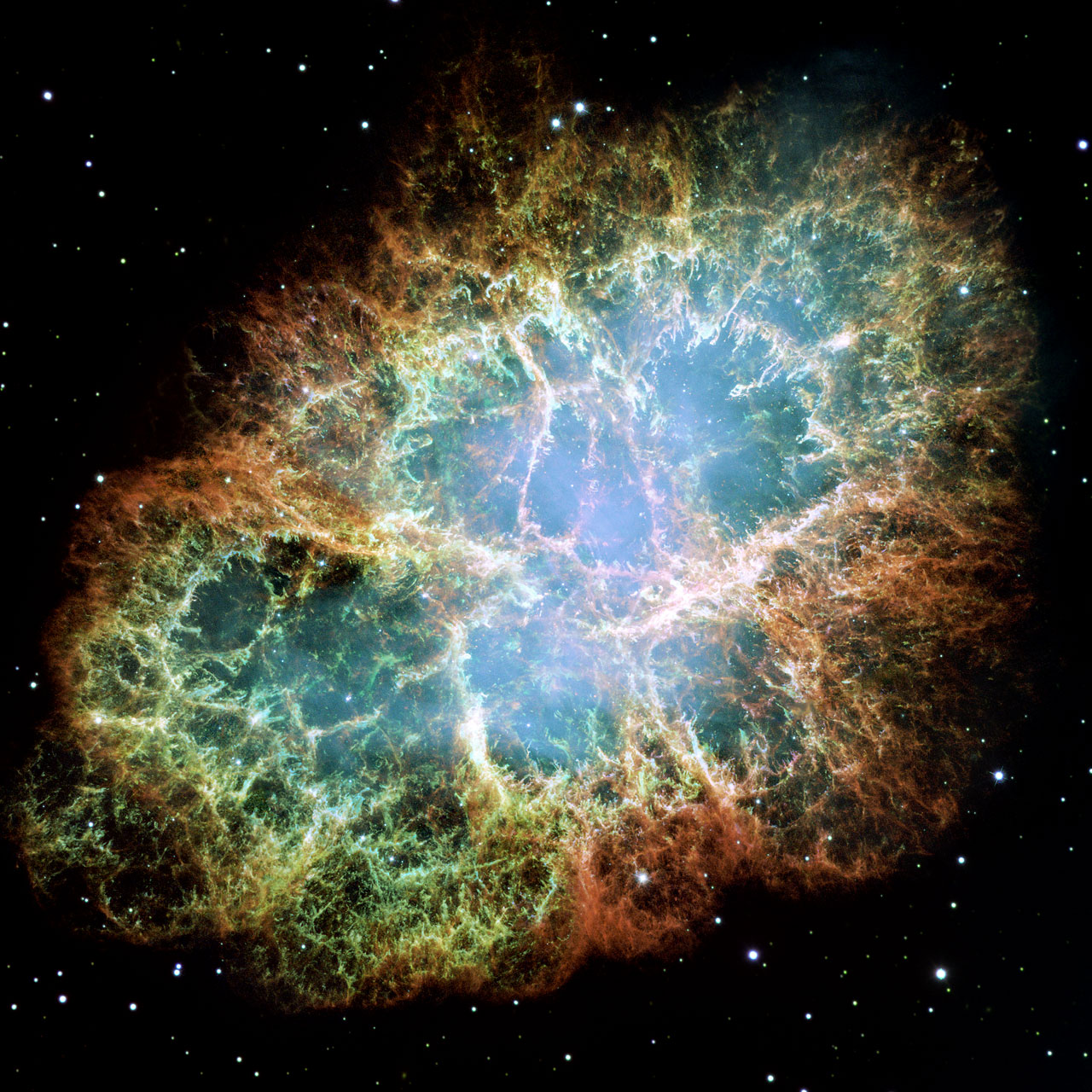
Whirling 'Collapsar' Stars Gave Universe Its Gold
By Charles Q. Choi published
Most of the universe's gold, uranium and other heavy elements are generated from rapidly whirling collapsing stars, a new study finds.

Ancient Neutron-Star Crash Made Enough Gold and Uranium to Fill Earth's Oceans
By Charles Q. Choi published
Enough gold, uranium and other heavy elements about equal in mass to all of Earth's oceans likely came to the solar system from the collision of two neutron stars billions of years ago.
Get the Space.com Newsletter
Breaking space news, the latest updates on rocket launches, skywatching events and more!
